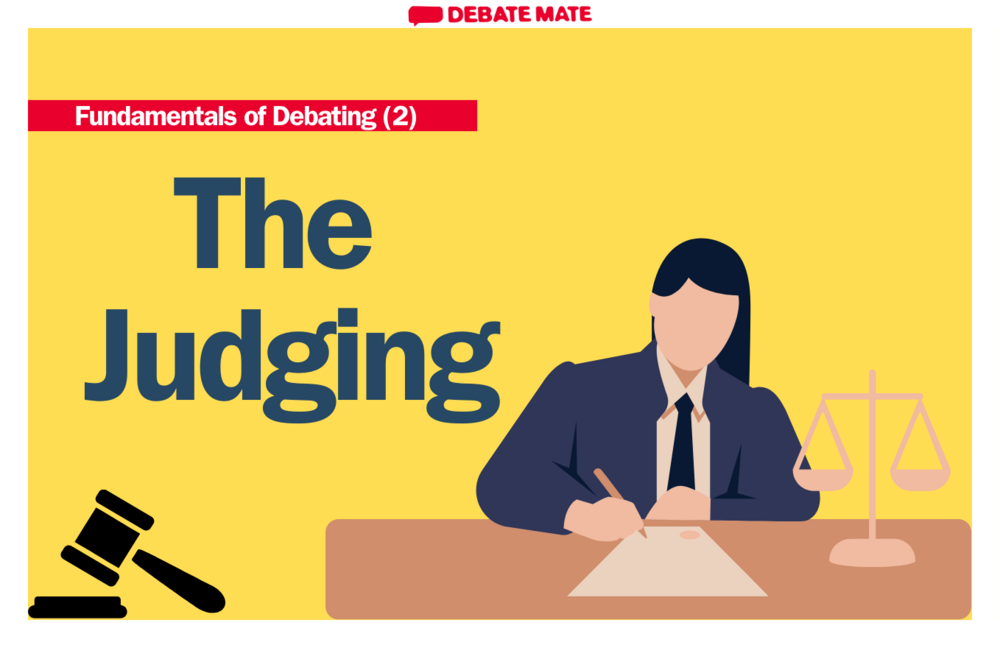Judging a debate is about far more than just picking a winner; it's a meticulous evaluation of each team's persuasiveness. As political activist David Bender puts it, judging involves a "comparative assessment" that demands objectivity and neutrality. Regardless of the motion, judges zero in on three core criteria: Content, Style, and Strategy...
This aspect requires judges to objectively assess who presented the best arguments and conveyed them persuasively. Elements like the PEEL structure (Point-Example-Explanation-Link) and effective rebuttal play a crucial role in constructing a well-organised speech. These components are not just speech tactics; they are the building blocks for winning debates.
Style is not just about flair; it's about engagement and persuasion. Judges consider eye contact, hand gestures, and rhetorical devices. Why? Because effective style can make or break a speech, influencing how well arguments resonate with the audience.
Though scoring fewer points, strategy is a tough nut to crack. It involves assessing whether students offered valuable points of information (POIs) and how well these were handled. Beyond POIs, judges look at teamwork, ensuring a seamless synthesis between speakers. Strategy also evaluates if summary speakers accurately conveyed suitable summaries for their teams.
Judges not only focus on these criteria but also provide valuable feedback to students, irrespective of the debate's outcome. Their role is driven by the need for constructive feedback, fostering growth and learning on both sides of the debate.
In the grand scheme of things, judges play a pivotal role in ensuring that all students benefit from competitive debate, fostering self-development and success beyond the debating arena. If you're keen on your child gaining valuable experience, unbiased assessment, and constructive feedback through Debate Mate clubs, sign up for a taster session today!
